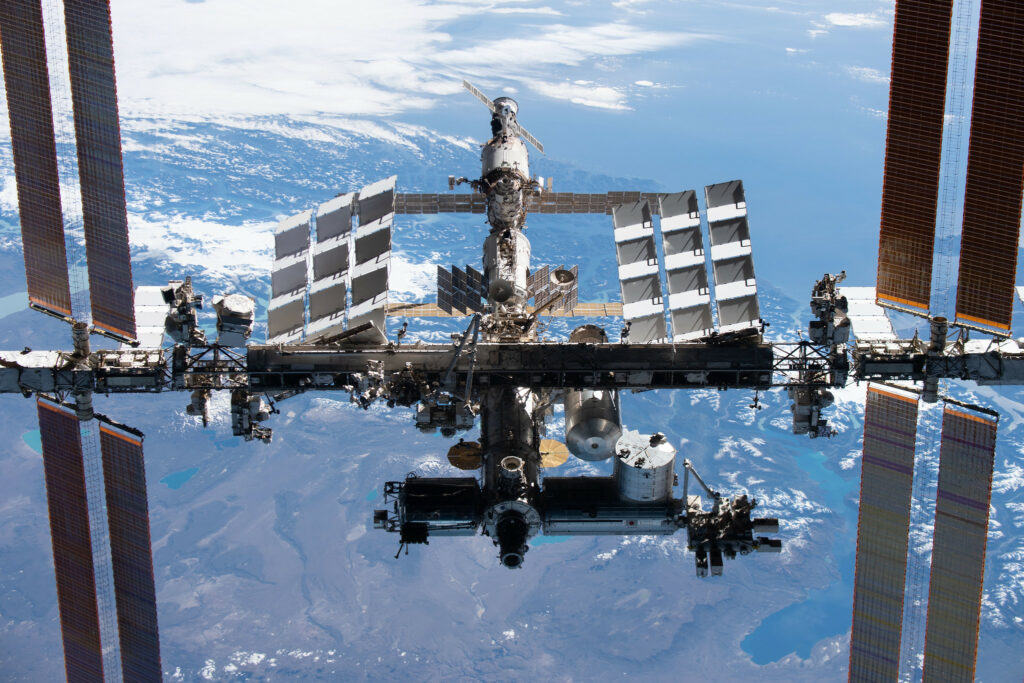The USA, Japan, Canada and European countries have agreed to extend the life of the ISS until 2030. In turn, Roscosmos agreed to provide support for the station at least until 2028. This is stated in a message published on the NASA website.

The ISS is the largest space facility in human history. The 400-ton station consists of 16 sealed modules, which are home to a permanent crew of 7 people. The ISS is the place of numerous scientific experiments, and in the future it will have to be replenished with a private segment, which will eventually become an independent orbital station.
NASA and its partners have repeatedly stated their intention to continue operating the ISS until at least 2030. However, these plans were questioned after the start of large-scale Russian aggression against Ukraine. In its first months, the leaders of Roscosmos made a series of odious statements, the essence of which was that Russia would leave the ISS after 2024 and concentrate all efforts on creating its own orbital station.
However, even then many experts were quite skeptical about the threats of Roscosmos. Given the difficult state of affairs in the Russian space industry (as well as a series of recent leaks from the Soyuz and Progress spacecraft), it seemed extremely unlikely that the aggressor country really had the resources to create its own orbital station. In this situation, Russia’s withdrawal from the ISS would actually mean the closure of its manned space program.
The assumption that all these loud statements were nothing more than an empty threat and an attempt to “jack up the price” recently received confirmation.. On April 25, Roscosmos announced its decision to continue participating in the ISS project until 2028. This was later confirmed by NASA. Thus, despite all the threats and attempts of Russian blackmail, the orbital outpost of humanity will continue to work until the end of this decade.
Earlier we talked about NASA’s plans to build a special space tug that would be used to flood the ISS.
Follow us on Twitter to get the most interesting space news in time
https://twitter.com/ust_magazine

